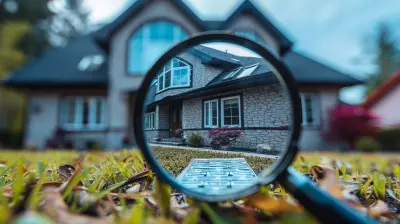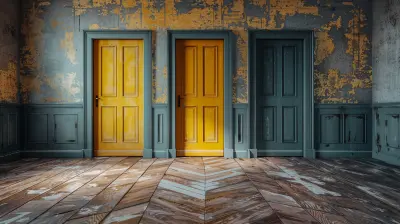Hidden Costs to Watch Out for When Purchasing Real Estate
28 September 2025
Buying a home is one of the biggest investments you'll ever make. You’ve probably budgeted for the down payment and mortgage, but what about the sneaky hidden costs that often catch buyers off guard? If you're not careful, these unexpected expenses can throw a wrench in your financial plans. So, before you sign on the dotted line, let’s dive into the hidden costs of purchasing real estate that you absolutely must watch out for. 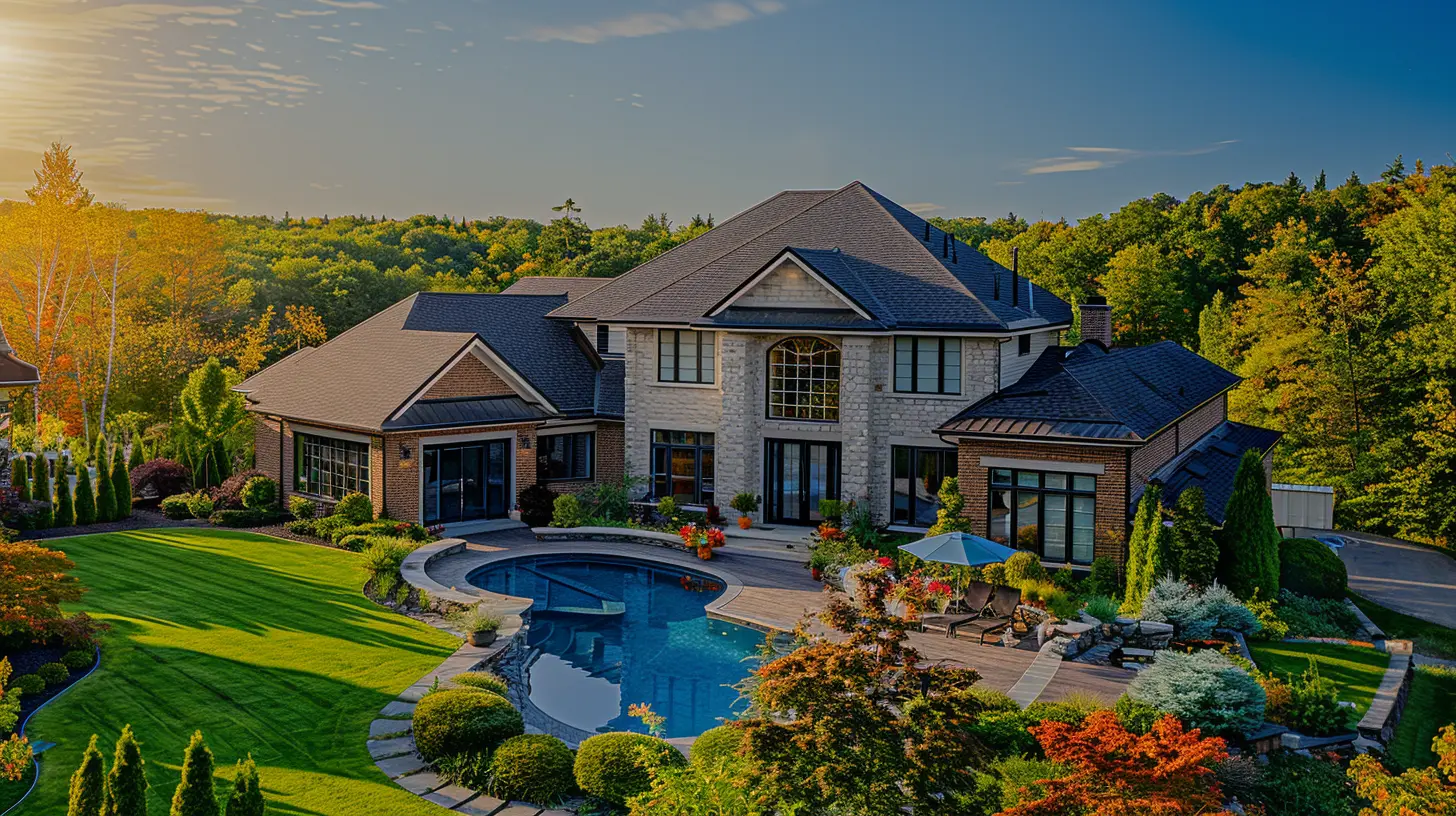
1. Closing Costs – The Silent Budget Buster
You might think the price on the listing is what you’ll pay, but there’s more to it than that. Closing costs are a bundle of fees required to finalize your home purchase, and they typically range from 2% to 5% of the loan amount. Here are some of the most common ones:- Loan Origination Fees – Charged by lenders to process your mortgage.
- Appraisal Fees – Covers the cost of assessing the home's value.
- Title Insurance – Protects you and the lender from title defects.
- Attorney Fees – If your state requires an attorney for home closings.
- Escrow Fees – Covers the cost of managing your deposit and paperwork.
Closing costs can add up quickly, so make sure you get an estimate from your lender early in the process. 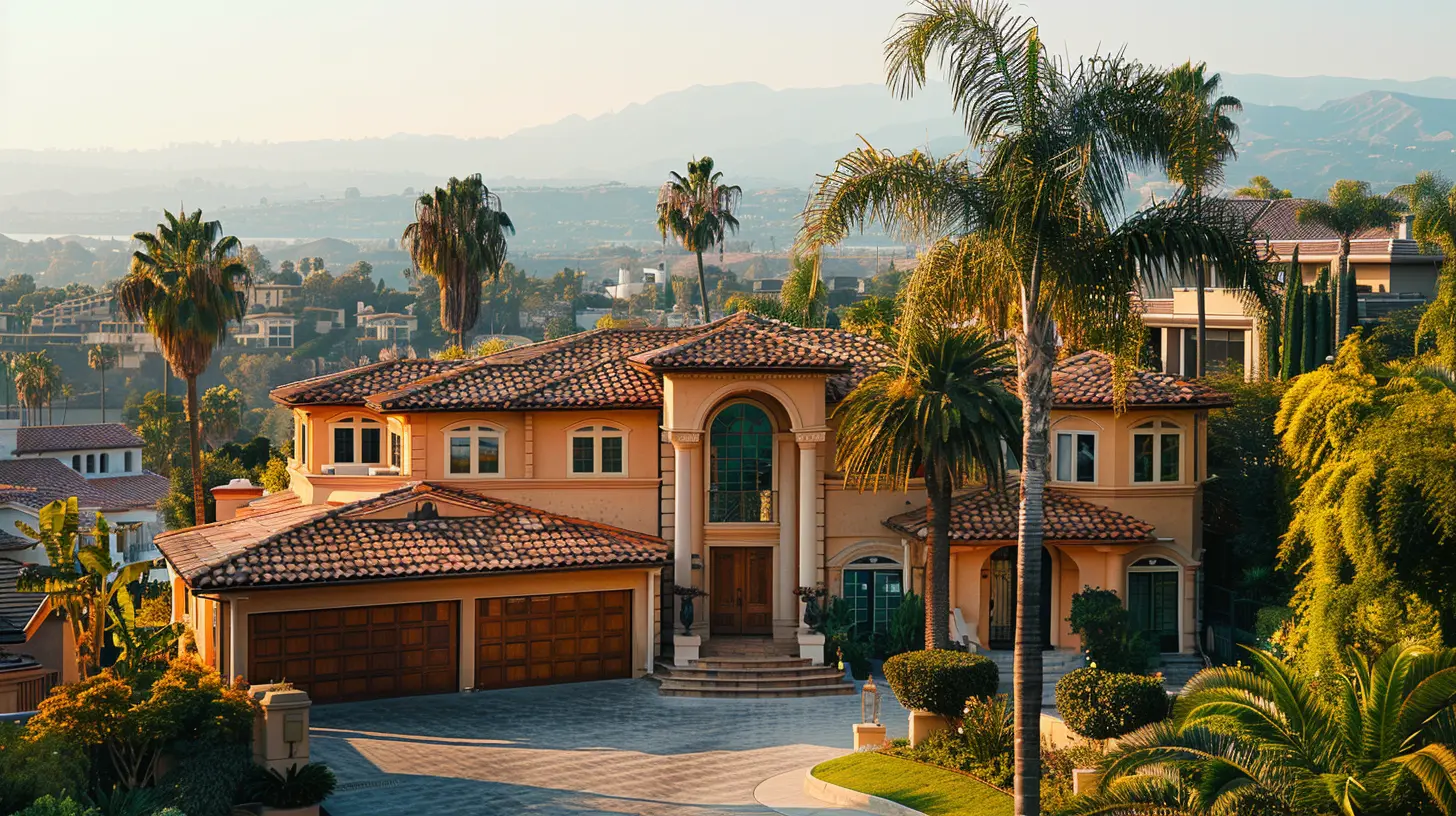
2. Home Inspection Fees – Worth Every Penny
Would you buy a used car without getting it checked first? Probably not. The same logic applies to homes. A home inspection is a crucial step before purchasing, and while it isn’t mandatory, skipping it is a high-risk gamble.A professional home inspection typically costs $300 to $600, and it can uncover hidden issues like faulty wiring, plumbing leaks, or foundation problems. Spending a few hundred dollars upfront can save you thousands in repairs down the line. 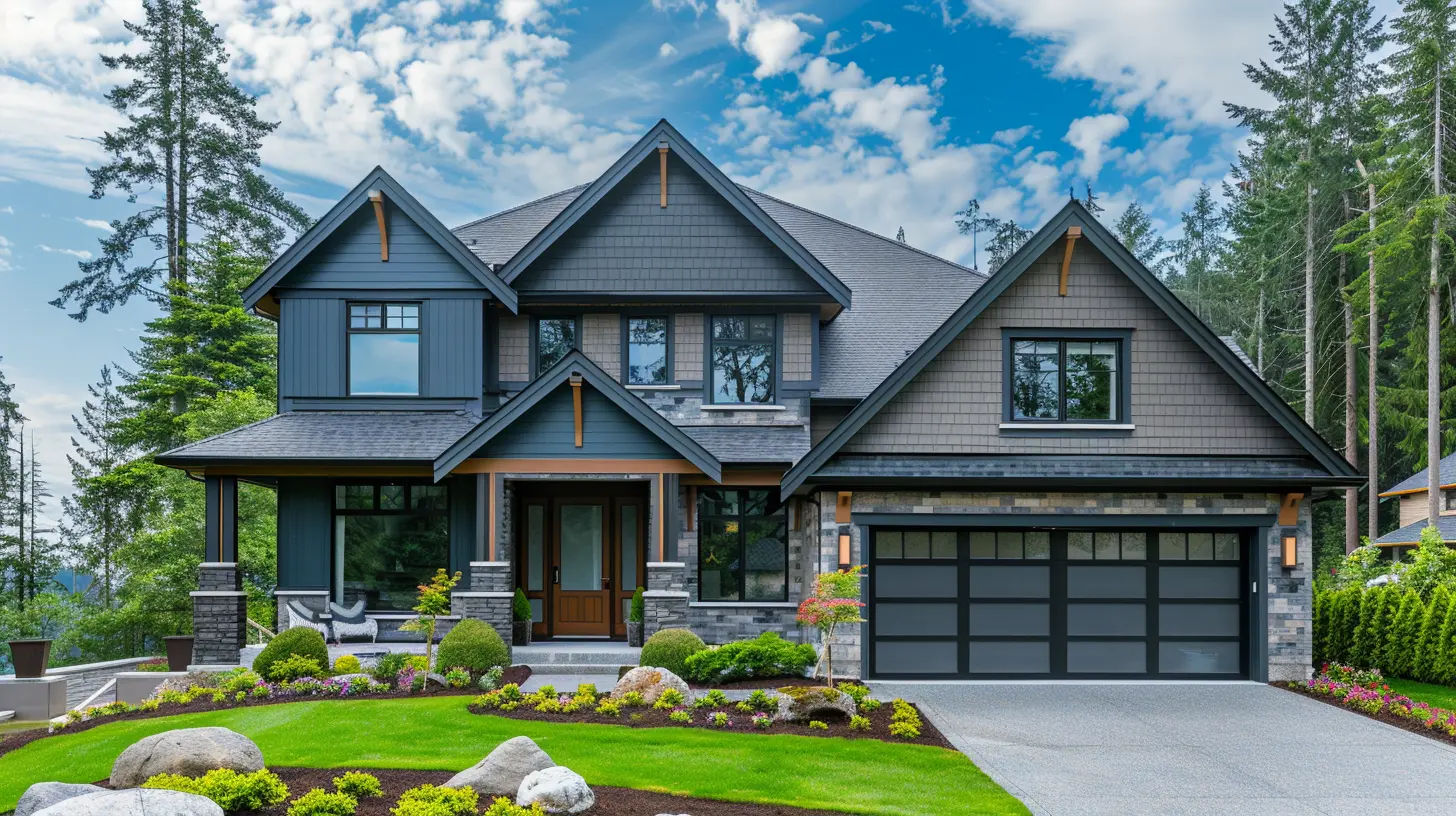
3. Property Taxes – A Recurring Expense
Property taxes aren’t just a one-time cost; they’re an ongoing expense that can increase over time. The amount you owe depends on your home's value and your local tax rates. Some buyers forget to factor in property taxes when budgeting for homeownership, only to be shocked when the bill arrives.Before buying, check the property tax history of the home. If you're looking at a newly built house, be aware that property taxes may be lower in the beginning but could increase significantly once the county reassesses the home’s value. 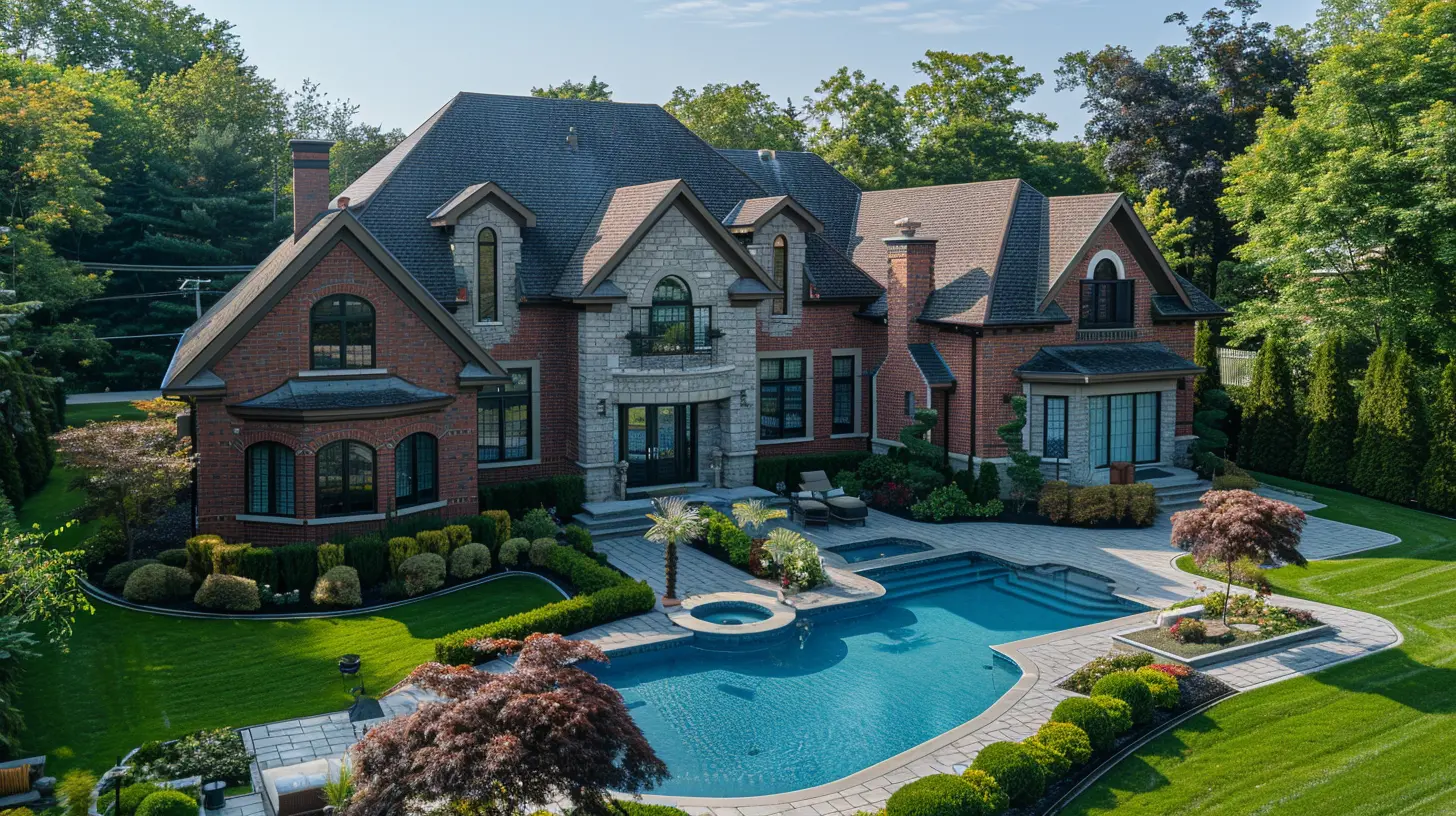
4. Homeowners Insurance – Protecting Your Investment
Your mortgage lender will likely require you to have homeowners insurance, but even if they didn’t, it’s a wise investment. The cost varies based on factors like location, home value, and coverage level. Expect to pay anywhere from $1,000 to $3,000 per year.What’s covered? Typically:
✔️ Damage from natural disasters
✔️ Theft and vandalism
✔️ Liability in case someone gets injured on your property
However, standard policies may not cover things like flooding or earthquakes. If you're in a high-risk area, you may need additional coverage, which means more costs.
5. HOA Fees – Beware of Monthly Dues
If you're buying a home in a community with a Homeowners Association (HOA), be prepared for monthly or annual fees. HOA fees range from $100 to $700 per month, depending on the neighborhood and amenities.What do these fees cover?
- Landscaping and common area maintenance
- Security services
- Amenities like gyms, pools, and clubhouses
Before making an offer, ask for the HOA fee details and whether they’ve increased over the years. You don’t want to get stuck with an HOA that hikes fees every year.
6. Moving Costs – The Price of a Fresh Start
Whether you're moving across town or across the country, moving isn’t free. Hiring professional movers can cost anywhere from $1,000 to $5,000, depending on the distance and amount of furniture you have.Want to save money? Consider:
- Renting a moving truck and doing it yourself
- Asking friends or family for help (but don’t forget to buy them pizza!)
7. Utility Setup Fees – Turning the Lights On Ain’t Cheap
Once you get the keys, you’ll need to set up electricity, water, gas, internet, and trash services. Some utility providers charge activation or transfer fees, which can range from $50 to $200 per service.To avoid surprises, call utility companies before moving in and ask about setup costs. It's also smart to check average monthly utility costs in your area so you can budget accordingly.
8. Renovation and Repair Costs – The Hidden Money Pit
Even if the home looks perfect during the showing, minor (or major) repairs will eventually pop up. Some common unexpected expenses include:- Roof repairs (~$5,000 - $10,000)
- HVAC replacement (~$5,000 - $7,500)
- Plumbing fixes (~$150 - $2,000)
- Painting and cosmetic updates (~$1,000 - $5,000)
If your home needs immediate renovations, factor those costs into your budget. It’s always a good idea to set aside 1% to 3% of the home’s value annually for maintenance and repairs.
9. Pest Control – Unwanted Roommates
Nothing ruins the excitement of a new home like discovering termites, rodents, or other uninvited guests. While a general home inspection might uncover pest problems, you may need a separate pest inspection, which costs around $75 to $200.If your home has a pest issue, extermination treatments can cost hundreds or even thousands of dollars. It’s best to address these problems before closing the deal.
10. Landscaping and Lawn Care – Keeping Up Appearances
That beautiful yard you fell in love with? It takes work (and money) to maintain. Whether you’re handling it yourself or hiring professionals, expect expenses like:- Lawn mowing and edging
- Fertilizing and weed control
- Tree trimming and pruning
If you hire a lawn care service, you could pay $50 to $200 per month. Factor these costs into your homeownership budget so you’re not caught off guard.
11. Appliances and Furniture – Empty Rooms Need Filling
Unless your home comes fully furnished (which is rare), you’ll need to budget for furniture and appliances. Some must-have appliances that aren't always included in a home purchase:- Refrigerator
- Washer and dryer
- Stove and oven
- Dishwasher
Furnishing a new home from scratch can cost anywhere from $5,000 to $30,000, depending on your style and preferences.
12. Private Mortgage Insurance (PMI) – The Extra Cost of a Low Down Payment
If you put down less than 20% on your home, you’ll likely have to pay Private Mortgage Insurance (PMI). This can cost 0.5% to 1% of your loan amount annually, adding hundreds of dollars to your mortgage payment each month.The good news? PMI isn’t forever. Once you build up 20% equity in your home, you can request to have it removed.
Conclusion
Buying a home is exciting, but hidden costs can quickly turn that dream into a financial nightmare if you’re not prepared. From closing costs to ongoing expenses like property taxes and maintenance, homeowners must budget beyond just the purchase price.Before taking the plunge, make sure you've accounted for these extra costs so you don’t end up house-rich but cash-poor. A little preparation goes a long way in ensuring your home-buying experience is as smooth (and stress-free) as possible.
all images in this post were generated using AI tools
Category:
Real Estate TipsAuthor:

Elsa McLaurin
Discussion
rate this article
1 comments
Diana Hamilton
Buying a home? Don’t let hidden costs sneak up on you! From inspection fees to closing costs, these financial gremlins can turn your dream into a nightmare. Do your homework and budget wisely—your wallet will thank you later!
October 1, 2025 at 4:57 AM

Elsa McLaurin
Absolutely! It's crucial to factor in all potential hidden costs when buying a home. Doing your homework upfront can make a huge difference in ensuring a smooth and financially sound purchase.
